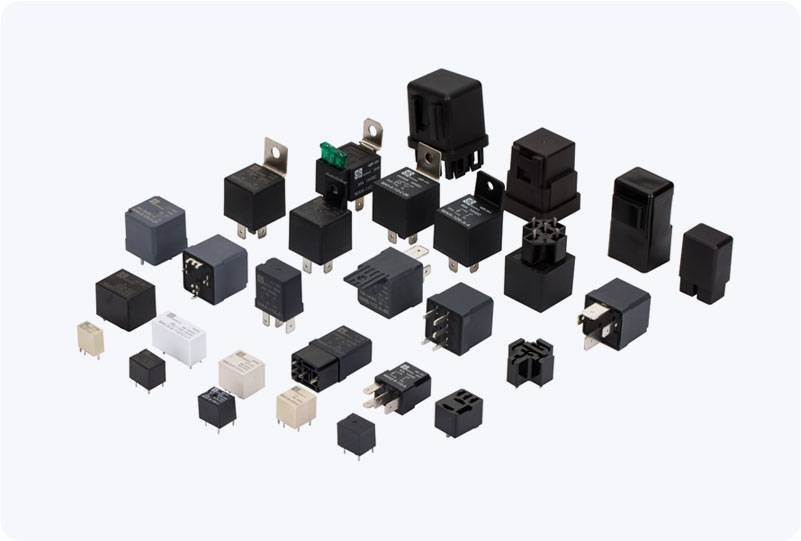Industrial control relays are fundamental components in modern industrial automation systems, offering both flexibility and reliability in the control of electrical circuits. These relays play a crucial role in a wide range of industries, including manufacturing, energy, and transportation, by acting as an intermediary between control systems and the equipment they regulate. This article explores the significance, functionality, and types of industrial control relays, shedding light on their indispensable role in ensuring the efficient and safe operation of industrial processes.

What is an Industrial Control Relay? An industrial control relay is an electrically operated switch used to control the operation of machinery and other electrical devices. It consists of a coil, contacts, and a mechanism that opens or closes the contacts when an electrical signal is applied to the coil. The main function of these relays is to allow a low-power control signal to switch high-power electrical devices. This is crucial in industries where precise control of heavy machinery and systems is necessary. Relays can be programmed to open or close a circuit depending on specific conditions, providing a layer of automation and protection to the system. In many cases, relays are part of a larger control system, such as Programmable Logic Controllers (PLCs), which provide complex and sophisticated control logic for industrial applications.
Leave a Reply